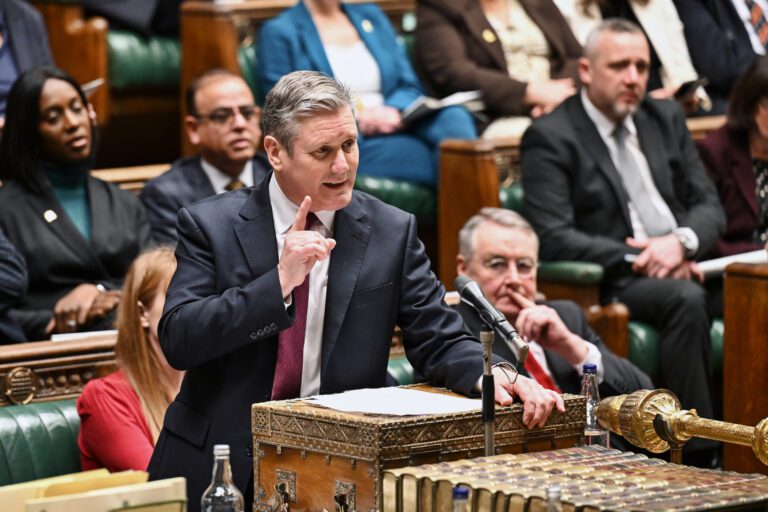
South Africa
First up at the beginning of June was the South African election, which saw the party of Nelson Mandela (The African National Congress = ANC) take a huge bloody nose, as it lost its overall majority and was forced to go into coalition with the main opposition party (Democratic Alliance). Having been in absolute power since the ending of Apartheid, this was huge news in South Africa and the dire state of the country’s power infrastructure was a major factor behind the ANC’s failure.
Despite having huge mineral reserves and so much coal that the national oil company (SASOL) actually refines the stuff to make it into diesel, bountiful raw material supply has not manifested itself in energy security. Since 2008, the country has experienced rolling blackouts (euphemistically called “load shedding”), often lasting more than 10 hours at a time. This culminated in 2023, when the national power provider (Ekstrom) – responsible for supplying over 95% of the country’s electricity – suffered an incredible 1,742 hours of power outage (around 73 days). Such profound interruptions to the nation’s power supply has, of course, disrupted productivity, deterred foreign investment and, more importantly to voters, negatively affected public safety because of minimal street lighting. No wonder the ruling party was punished at the ballot box.
Mexico
Next on June’s election timeline was Mexico, where the populist left-winger Andres Manuel Lopez Obrador, was replaced by his protégé Claudia Scheinbaum (who becomes Mexico’s first female President). Both Obrador and Scheinbaum are avowed economic nationalists (ie, believing in state owned entities, rather than private corporations) and for the last 5 years, the national oil company (PEMEX) has been used as a vehicle for both economic state building and poverty alleviation. New domestic oil exploration licenses have been granted, whilst 7 new refineries are in the process of being built (to end the country’s reliance on US imports of fuel). At the same time, subsidies on fuel, gas and electricity have all been increased. This pro-fossil fuel stance makes for an unusual left-wing administration in global terms, because decarbonisation programmes have principally become the mainstay of left-leaning politicians around the world. There seems little desire to follow this route in Mexico however, where its socialist leaders see fossil fuel power as inextricably linked to political power.
India
Unlike South Africa and Mexico, where energy policies are important locally but have little bearing elsewhere, India currently has more impact on the global energy picture than probably anywhere on the planet. In a country where the population (1.6bn) has now outstripped China (1.4bn) and economic growth (6.7% GDP growth in 2023) mirrors demand in energy growth (up 7% in the same year), decisions around energy policy really do have profound reverberations. Be that in Europe, with its reliance on imported Indian diesel, or in Russia, where India’s frenzied purchase of cheap Russian crude is propping up Putin’s war economy. Or perhaps it is in the gas markets, where we are seeing increased price pressure on seaborne cargoes of Liquified Natural Gas, as they are inextricably drawn to the Indian market.
In the election itself – culminating in June – we once again saw a ruling party (this time the Bharatiya Janata Party = BJP) taking a beating. Whilst it was a surprise to see the increasingly messianic Narendra Modi lose his overall parliamentary majority, the BJP still retained power, albeit in a similar vein to South Africa where a coalition of different parties is now required. This means that Modi will be shaping energy policy for several years to come, and this may mean having to balance his great desire for economic growth with the inevitable implications of this on India’s CO2 footprint. Over 70% of power generation in India comes from coal, which makes the country the third biggest CO2 emitter in the world (2.7bn tonnes per annum), after the USA (4.9bn tonnes) and China (an eye-watering 12.7bn tonnes). It seems clear then that India’s energy decisions for the next 10 years will affect far more than the energy markets…
UK
Finally, we have dear-old Blighty, which sees its general election on 4th July. Whilst by no means a central issue in the election, energy policy has, at least, been debated. In Scotland, the future of the oil and gas sector is a predictably hot topic, with the Scottish Nationalists brassily declaring themselves as the protector of North Sea jobs, having spent the last 5 years denigrating the sector to appease their coalition partners in the Green Party. Meanwhile, Labour’s plan for a Great British Energy Company (with its main focus on renewables) is ambitious for a seriously indebted country but, as a bold new idea, merits some credit. As for the Tories, they have chosen to push back the bans on petrol cars to 2035, which practically achieves little, mainly because most car manufacturers had already committed to the earlier deadline (2030). But it has generated unnecessary heat from the green lobby and has also meant that the real environmental achievements of the last 10 years (largest offshore wind generation in Europe, frequent coal-free electricity generation, highest number of electric / hybrid cars registered in Europe in 2023, explosion in solar power generation) have all been overlooked
And if you can’t manage the message on the things that you have done reasonably well, you are definitely going to be up against it when it comes to the things you have done badly…!
Image credit: ID 321784492 © Tennesseewitney | Dreamstime.com

